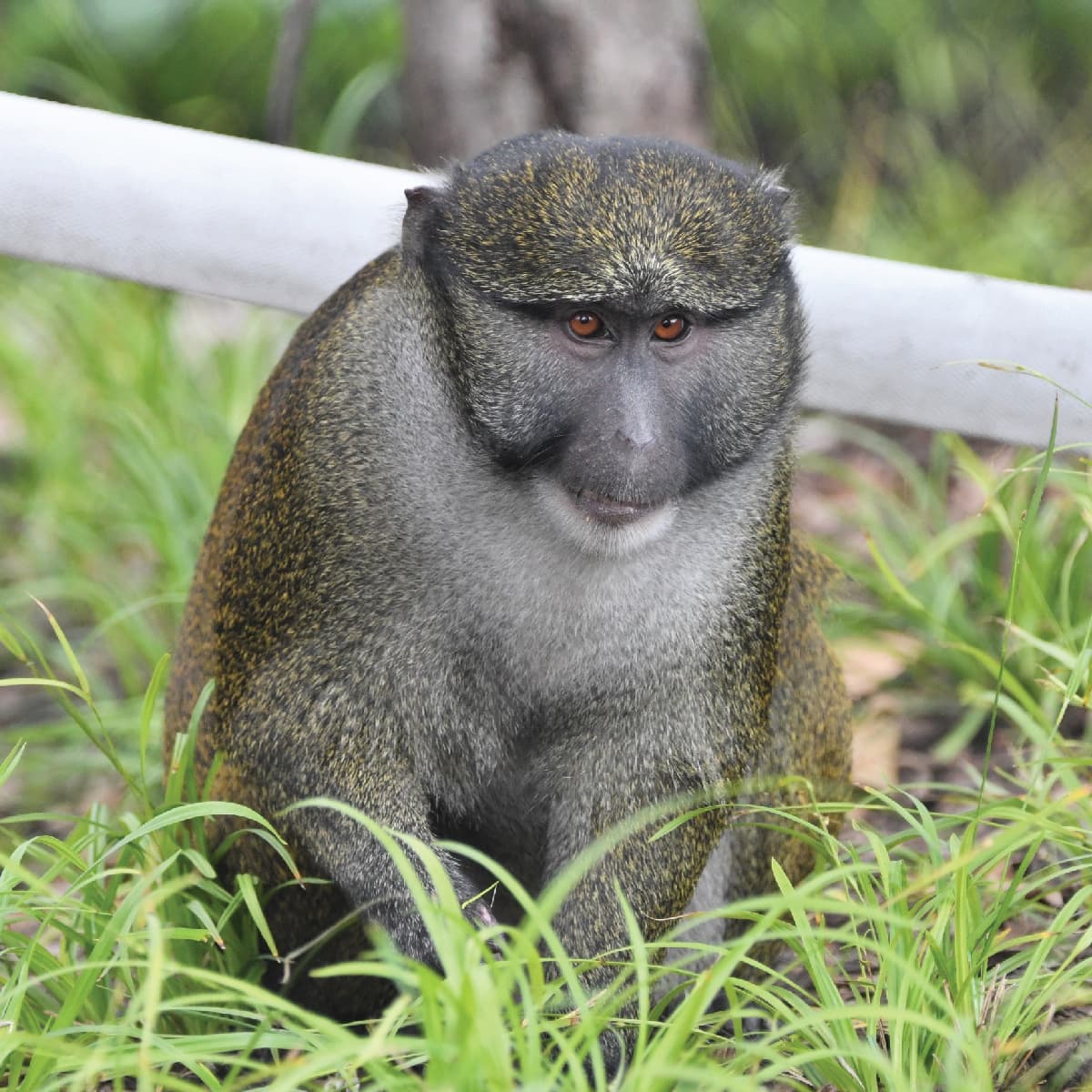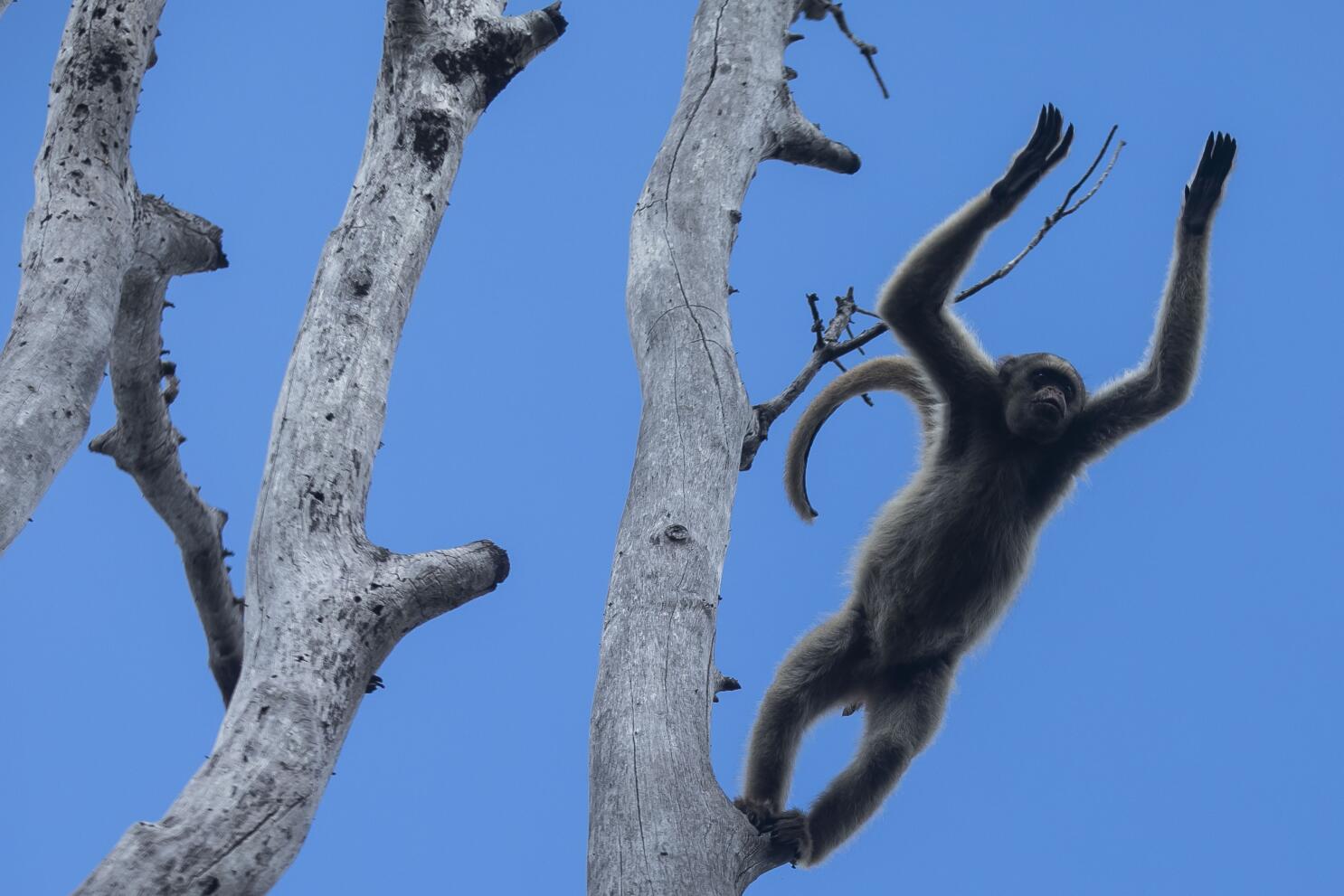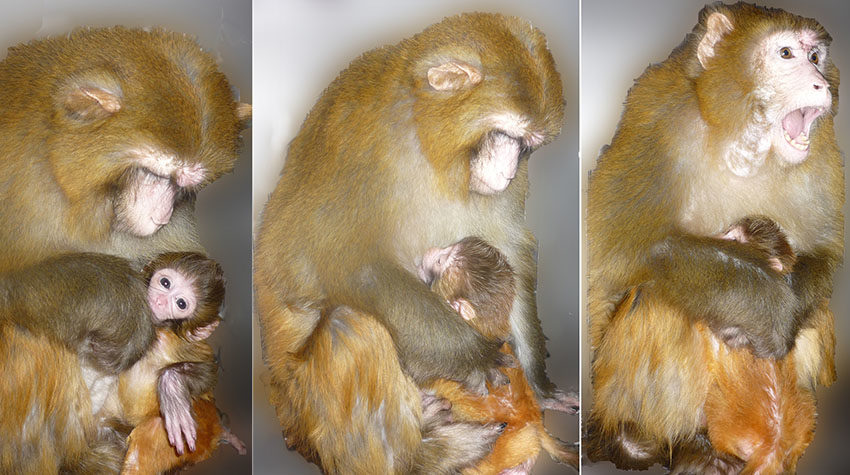Princeton study suggests that monkeys, like humans, may have 'self
Por um escritor misterioso
Descrição
A team of scientists determined that changing an infant monkey's verbal development also changed a physical marker of domesticity: a patch of light fur on its forehead. This link between tameness and language development supports the theory that humans have "self domesticated."

American Journal of Primatology, Primates Journal

Chimpanzee Politics: Power and Sex among Apes: de Waal, Frans: 9780801886560: : Books

Four Questions: Could Apes Talk as They Do in the Movies?
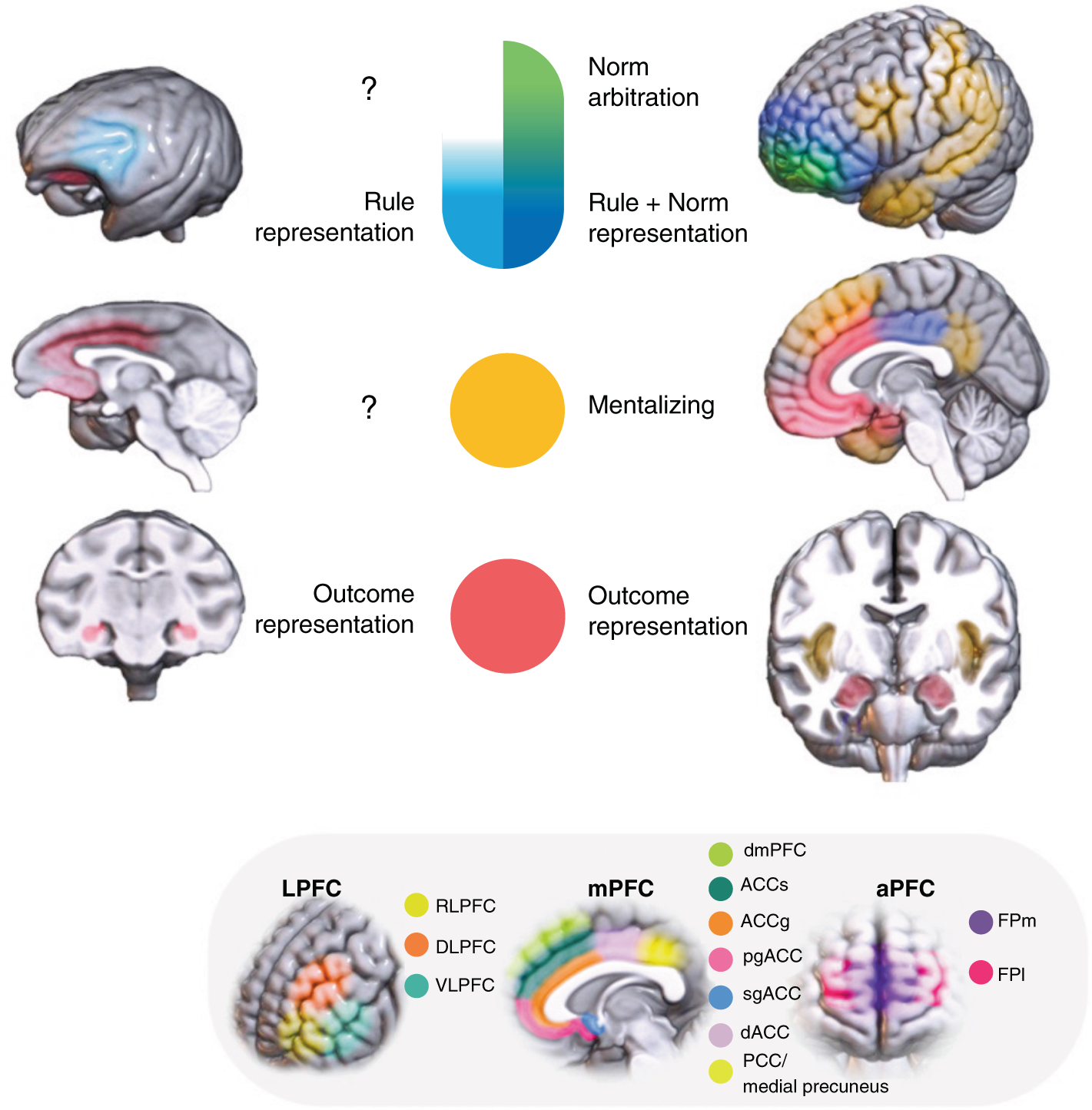
The prefrontal cortex and (uniquely) human cooperation: a comparative perspective

Monkeys Could Talk If Their Brains Were Wired For Language : Shots - Health News : NPR
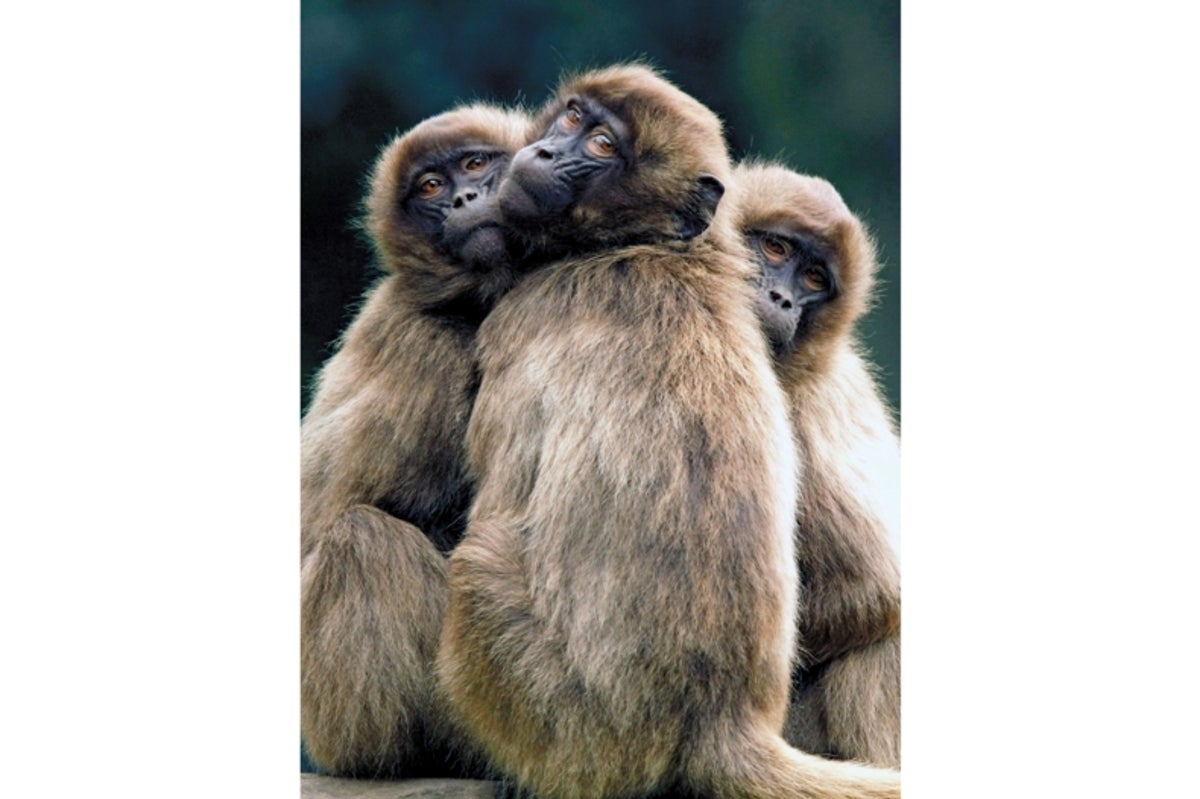
The Biological Blessings of Friendship

Demonstrations and Political Violence in America: New Data for Summer 2020

The Brain Maps Out Ideas and Memories Like Spaces

Evolution—Myths and Facts
Marmoset monkeys know polite conversation

Why can't monkeys talk like us? Their vocal tract might not be the problem.

U.S. scientist Robert Sapolsky says humans have no free will - Los Angeles Times
de
por adulto (o preço varia de acordo com o tamanho do grupo)
